
OR
Ruling alliance struggles to garner majority seats to form new govt as vote counting nears end
Published On: December 1, 2022 07:57 AM NPT By: Kosh Raj Koirala | @KoshRKoirala
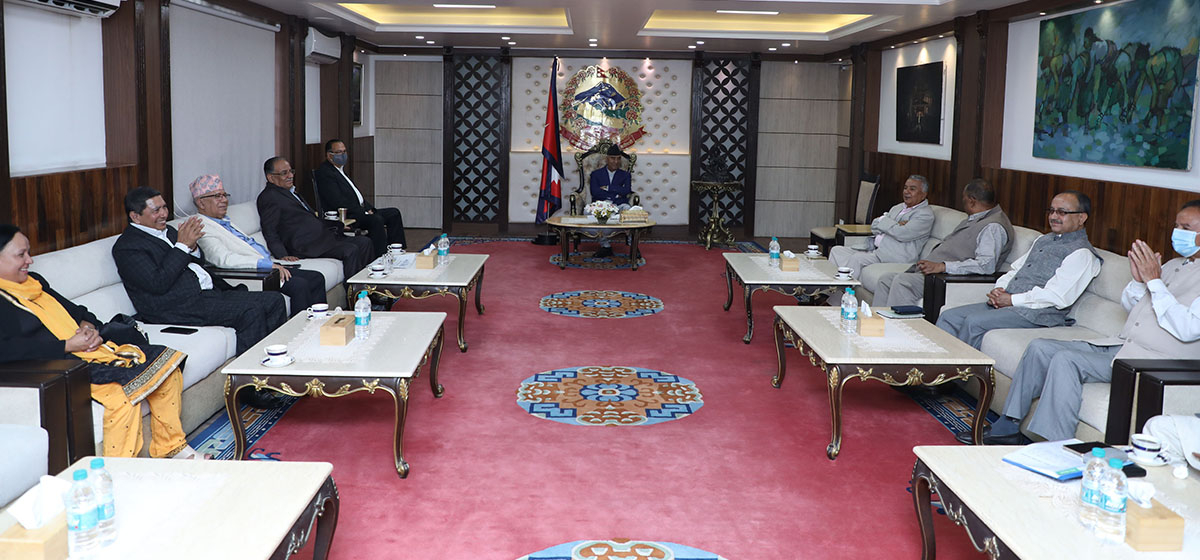
KATHMANDU, Dec 2: The final results of the election to the member of House of Representatives (HoR) under the First Past the Post (FPTP) electoral system in 162 of the total 165 constituencies are already out. The counting of votes cast under the Proportional Representation (PR) electoral system is also closer to an end except in Dolakha, Bajura and Syangja.
But the results so far do not seem encouraging for the Nepali Congress (NC)-led ruling alliance that has expedited necessary homework to form a new government under its leadership. The ruling alliance comprising CPN (Maoist Center), CPN (Unified Socialist), Loktantrik Samajbadi Party (LSP) and People’s Front Nepal (PFN) appears short of at least half a dozen seats to secure the requisite 138 of the total 275 seats in the House of Representatives (HoR).
The ruling NC has secured victory in 55 constituencies and is leading in two constituencies—Bajura and Syangja-- where the vote counting is underway as of Friday morning. Similarly, the Maoist Center has secured victory in 17 seats, Unified Socialist in 10 seats, LSP in four seats and PFN in one seat under the FPTP electoral system.
The Election Commission (EC) said the counting of 10.02 million PR votes have been completed as of Wednesday evening. As the counting of the PR votes is currently underway, NC appears to get around 32 seats and the Maoist Center around 14 seats in the HoR.
If the current trend of PR votes are anything to go by, CPN (Unified Socialist), LSP and PFN are less likely to secure the mandatory 3 percent of the total valid votes cast during the election to become national party, thereby losing the prospect of getting any HoR seats under the PR electoral system.
This shows that the ruling alliance will have roughly around 132 seats including 87 under the FPTP electoral system and around 46 under the PR electoral system. Since the NC lawmaker Tek Bahadur Gurung elected from Manang faces a corruption case and cannot enter parliament, the ruling alliance will be left with 131 seats in HoR.
There are some hopes for the ruling alliance as the results of Dolakha, Syangja-2 and Bajura are still awaited. The NC-led alliance will still be short of a few seats to reach the magic number of 138 in the HoR even if the constituent parties of the ruling alliance secure victory in Dolakha, Syangja-2 and Bajura.
Senior NC leaders say they are finding it difficult to secure requisite majority seats as the ruling parties could not secure votes as expected. “We have already initiated talks with other parties to form a new government under the NC leadership,” said NC Vice President Purna Bahadur Khadka.
On Wednesday, NC leader Bimalendra Nidhi held talks with Chairman of Janamat Party CK Raut in an effort to secure majority seats in parliament. Nidhi through a social media post said that Raut has positively responded to the NC’s request to join the NC-led government both at the center and Madhesh Province.
Janamat Party has won one seat under the FPTP electoral system and the party is likely to get at least four seats under the PR electoral system as it has already secured more than 376,000 PR votes as of Wednesday evening.
Senior NC leaders said they have also initiated informal talks with the top leaders of Rastriya Prajatantra Party (RPP), although it had forged electoral alliance in selected constituencies with the CPN-UML. The RPP, which has won seven FPTP seats and is likely to secure seven more seats under the PR electoral system, has not given any words to join the NC-led government, according to NC leaders.
NC leaders said informal talks are underway also with the Rabi Lamichhane-led Rastriya Swatantra Party that has secured seven FPTP seats and will bag at least 14 PR seats in the HoR. But the party has not yet decided whether to join the government or stay in the opposition bench in parliament.
UML also nowhere close to majority seats in parliament
Although the UML has also started homework to form a new government under its leadership, the party is nowhere close to securing the majority seats in parliament. The UML has secured victory in 44 seats under the FPTP electoral system as the final results of the four constituencies are yet to come out. Although the UML is likely to win at least two more seats than the NC under the PR electoral system, the party will still be short of the required majority by at least a dozen seats.
The UML, which is set to secure at least 34 seats under the PR electoral system, forged an electoral alliance with the Upendra Yadav-led Janata Samajbadi Party (JSP) that has won seven FPTP seats. The JSP is likely to get five more seats under the PR electoral system.
The UML had also forged an electoral alliance in selected constituencies with the RPP, which is likely to secure at least 14 seats including seven PR seats. Even if the UML is able to secure support of Rastriya Swatantra Party (RSP) as well, the UML will have around 125 seats.
Yet, UML leaders are optimistic that a new government could be formed under UML leadership. “We cannot still completely rule out the possibility of the formation of a new government under our UML leadership. The Maoist Center has staked a claim for the post of prime minister. If the NC does not give in to the Maoist demand, it might turn to the UML,” said a second-rung UML leader. “The role of fringe parties including the independent candidates is going to be important in the formation of a new government.”
You May Like This
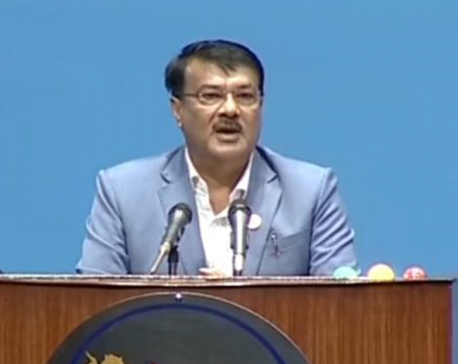
NC’s request to UML: Do not politicize the bill brought by govt thru national consensus
KATHMANDU, August 18: Nepali Congress (NC) lawmaker Min Bahadur Bishwakarma has asked the main opposition UML not to politicize the... Read More...
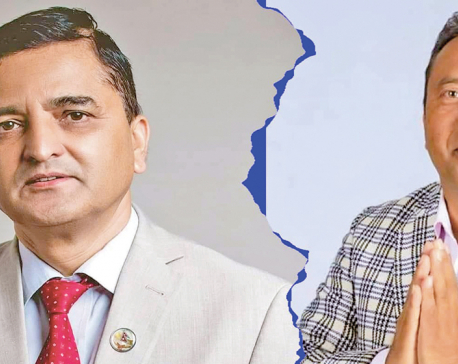
Taplejung: Former allies are now competitors
KATHMANDU, Nov 9: CPN-UML Secretary Yogesh Bhattarai is a candidate for the House of Representatives from Taplejung for the second... Read More...
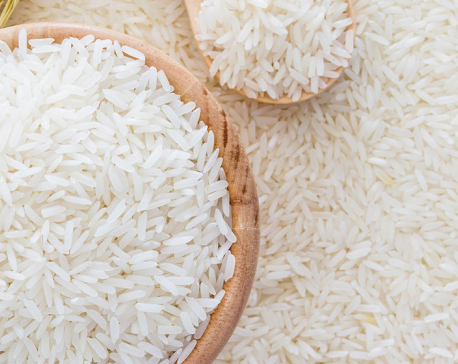
UML cadres distribute rice to voters in Myagdi
MYAGDI, Oct 31: It has been found that CPN-UML cadres distributed rice to voters with plans to influence them. ... Read More...

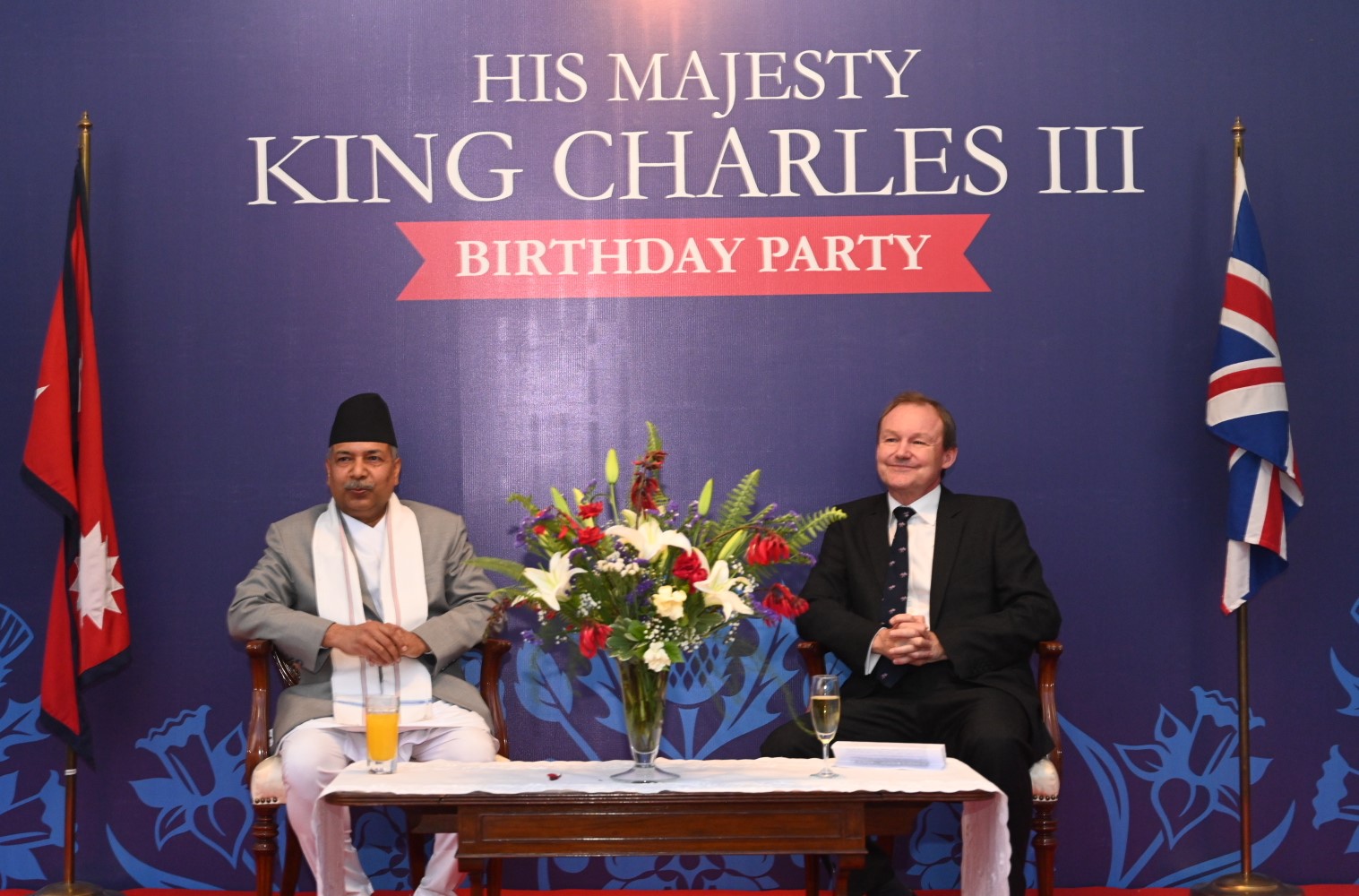
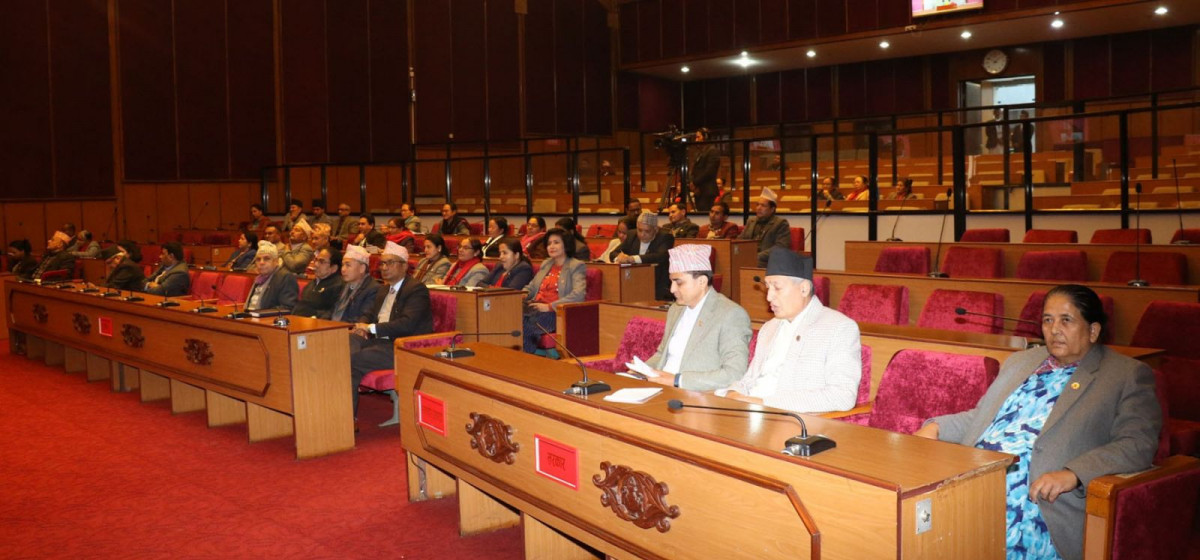
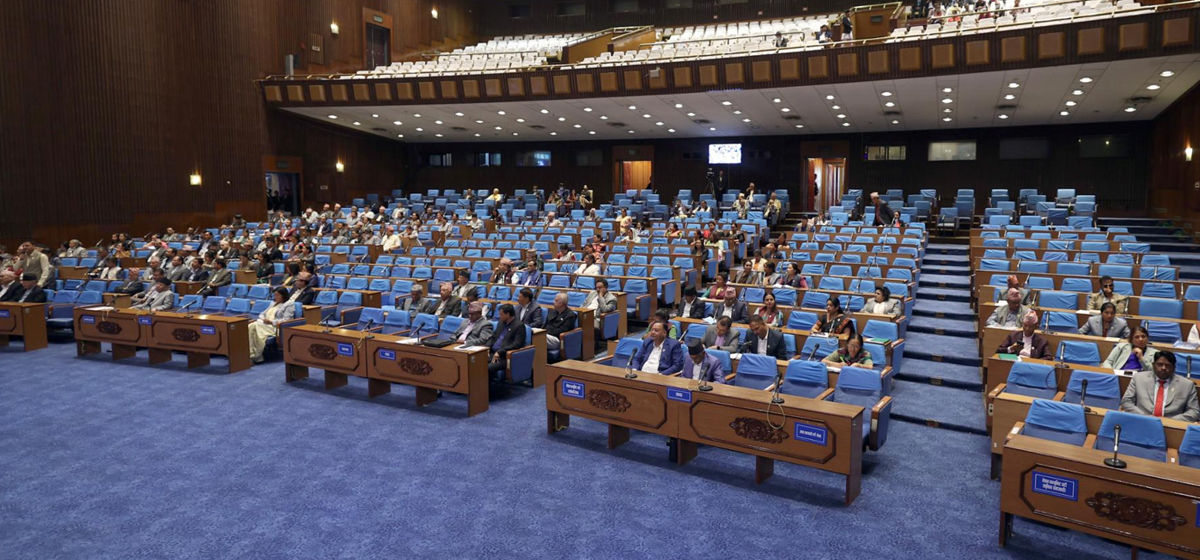
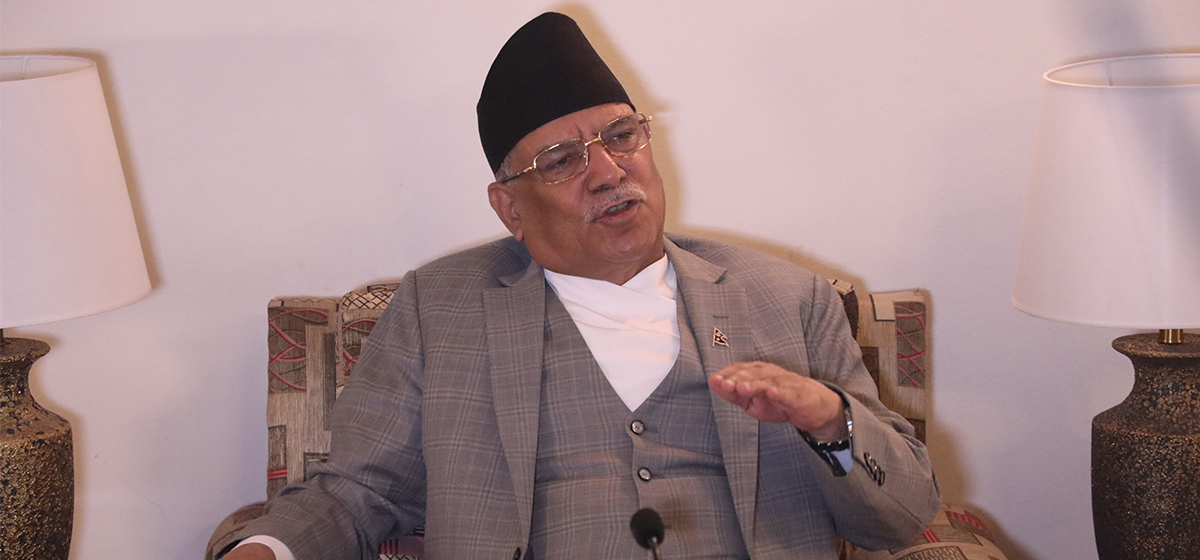

Just In
- One more arrested in Surkhet firing case
- British Embassy celebrates King Charles III’s birthday
- National Assembly meeting postponed after NC's obstruction
- 11 NSU activists arrested for protesting in front of parliament building
- HoR meeting postponed to Sunday
- PM invites NC for talks amid House deadlock
- New species of bird found in Nepal
- Govt withdraws bill to amend Political Parties Act



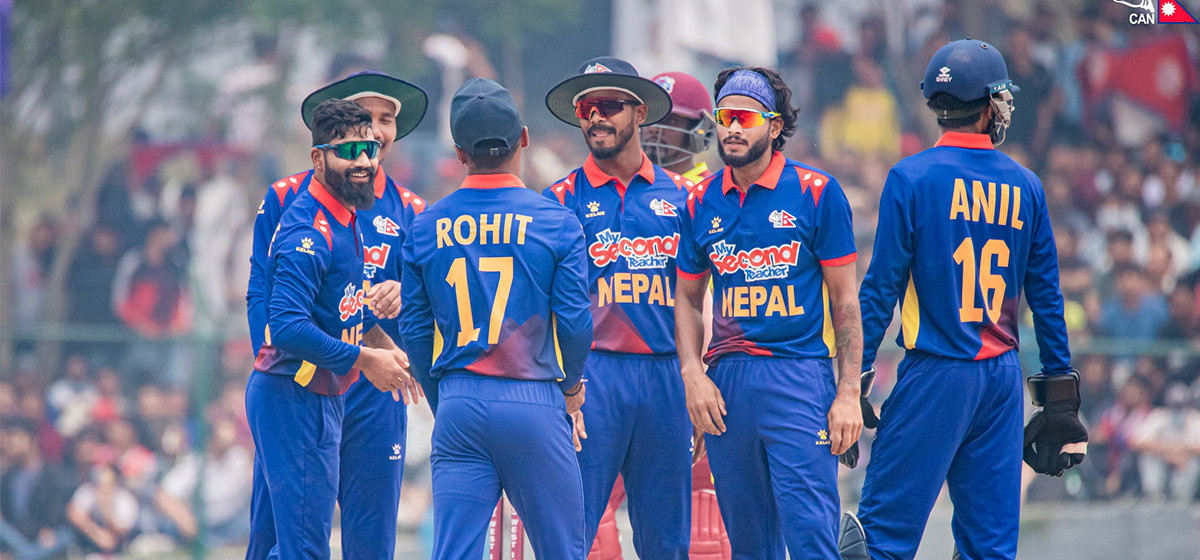
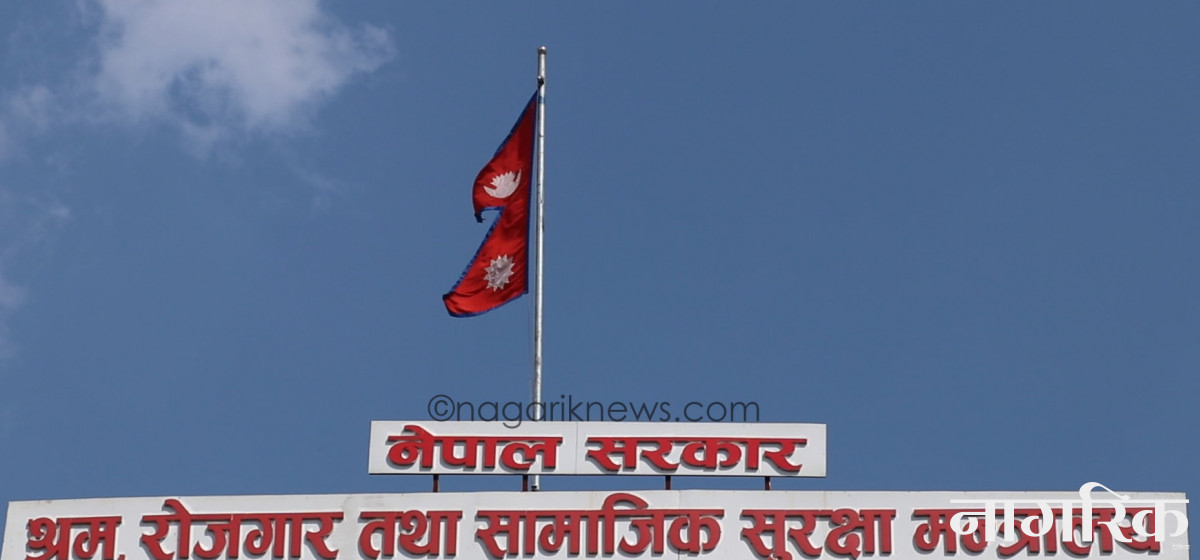
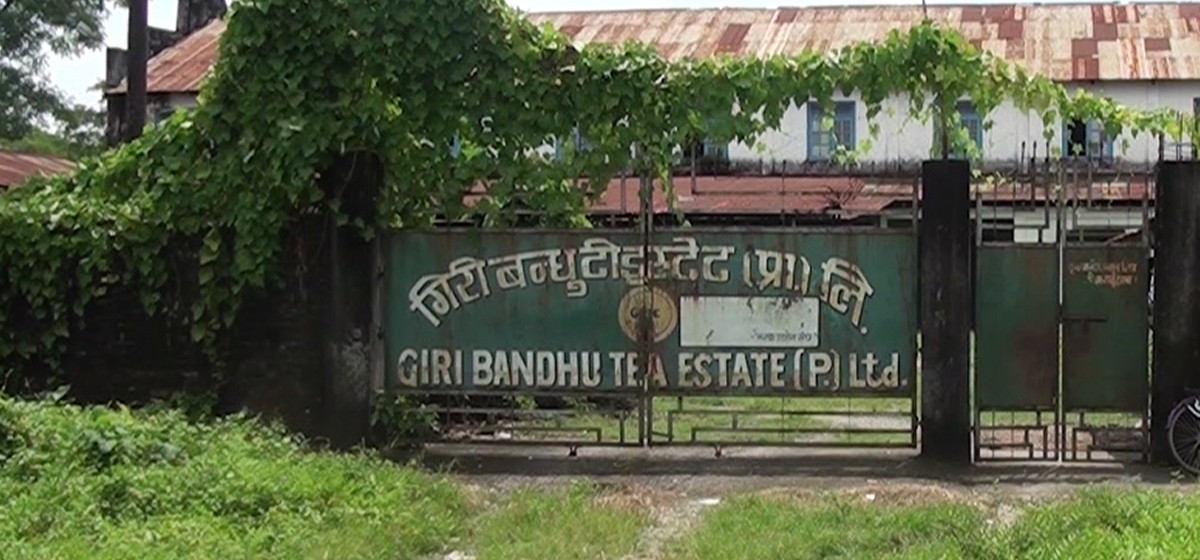
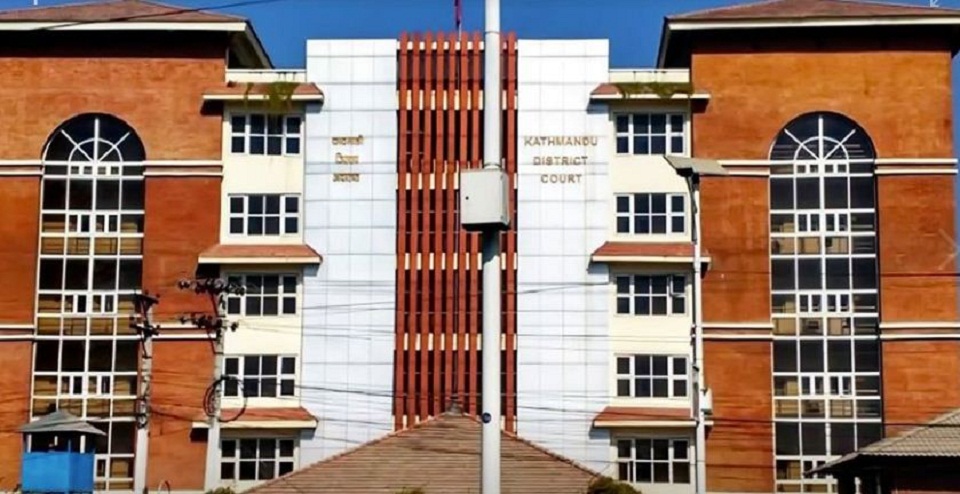

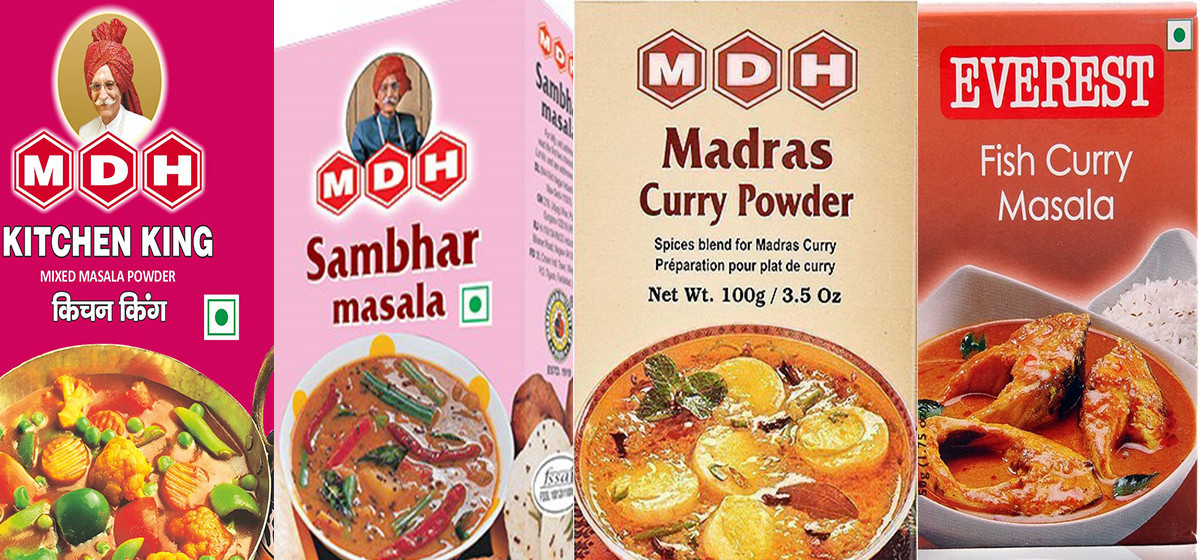
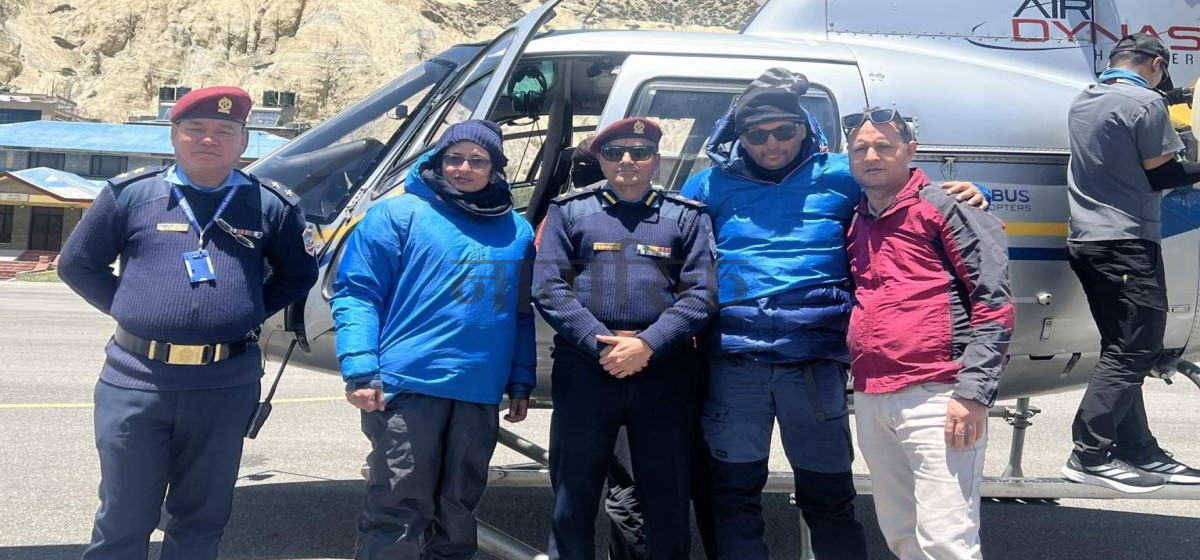
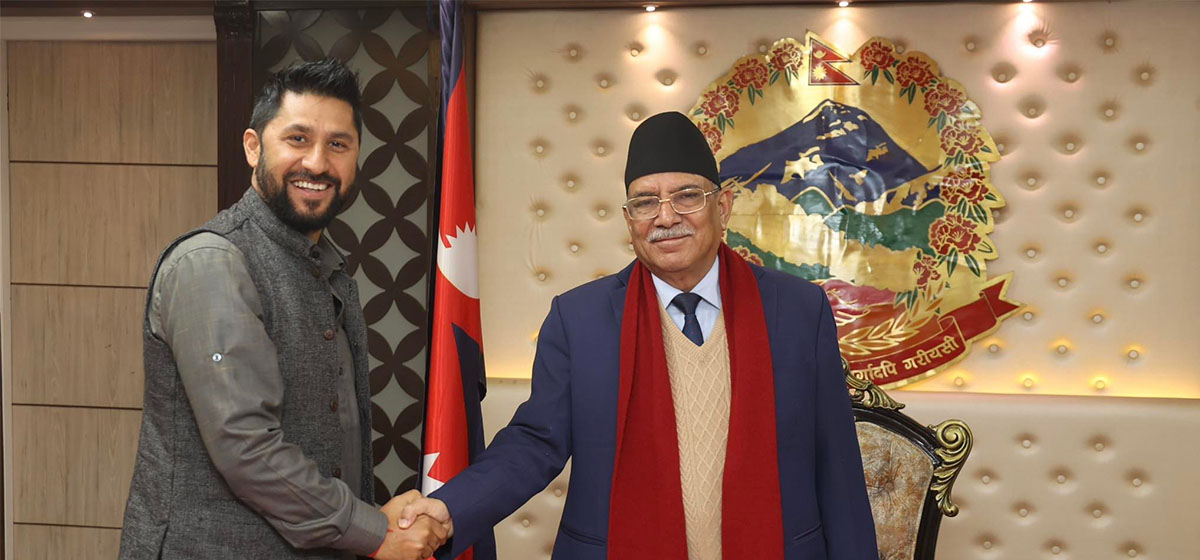
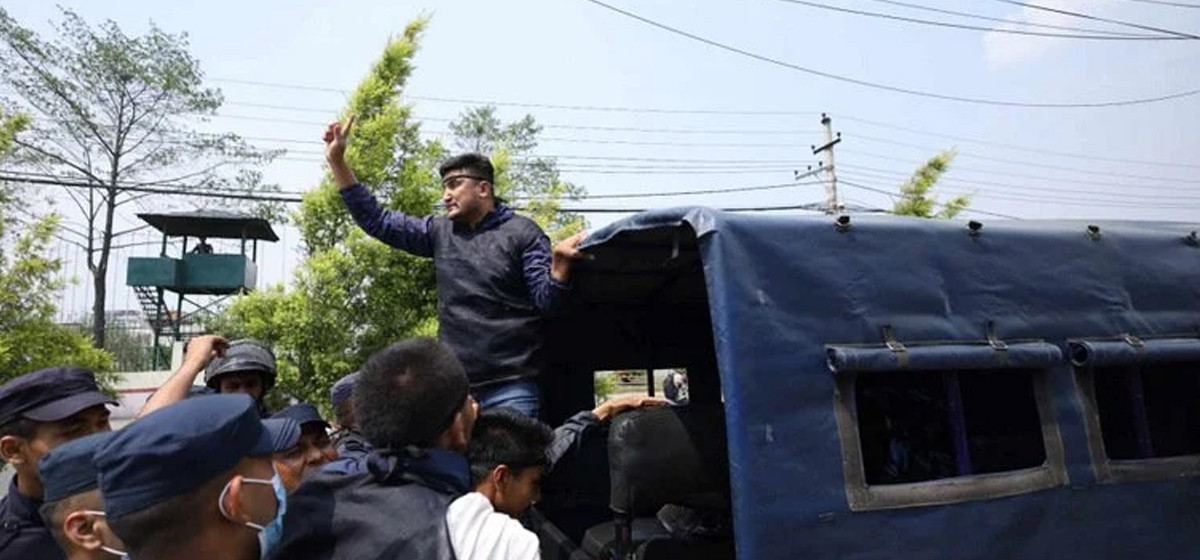
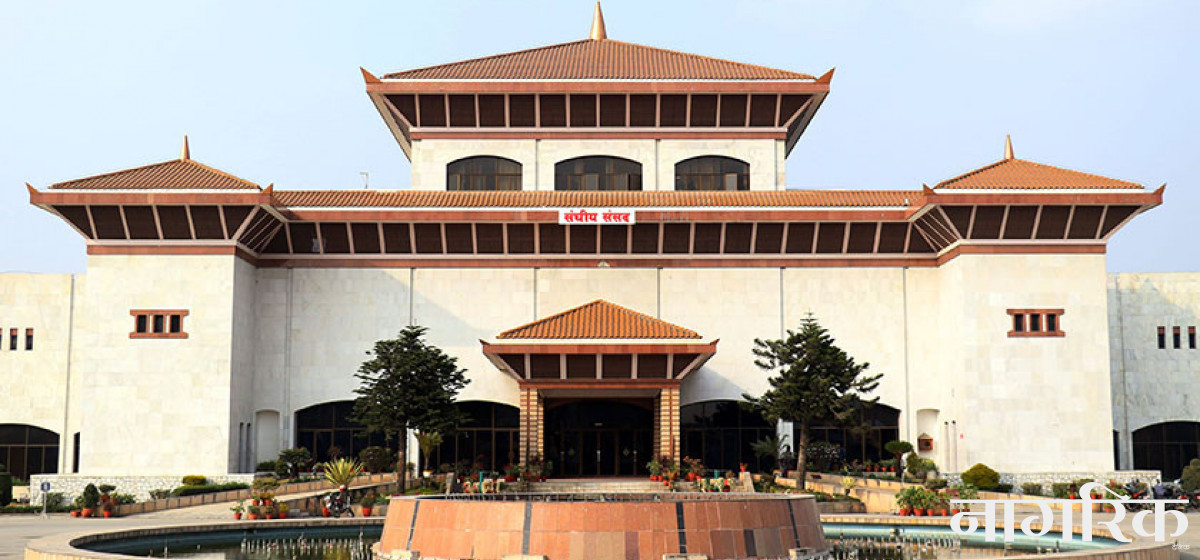
Leave A Comment